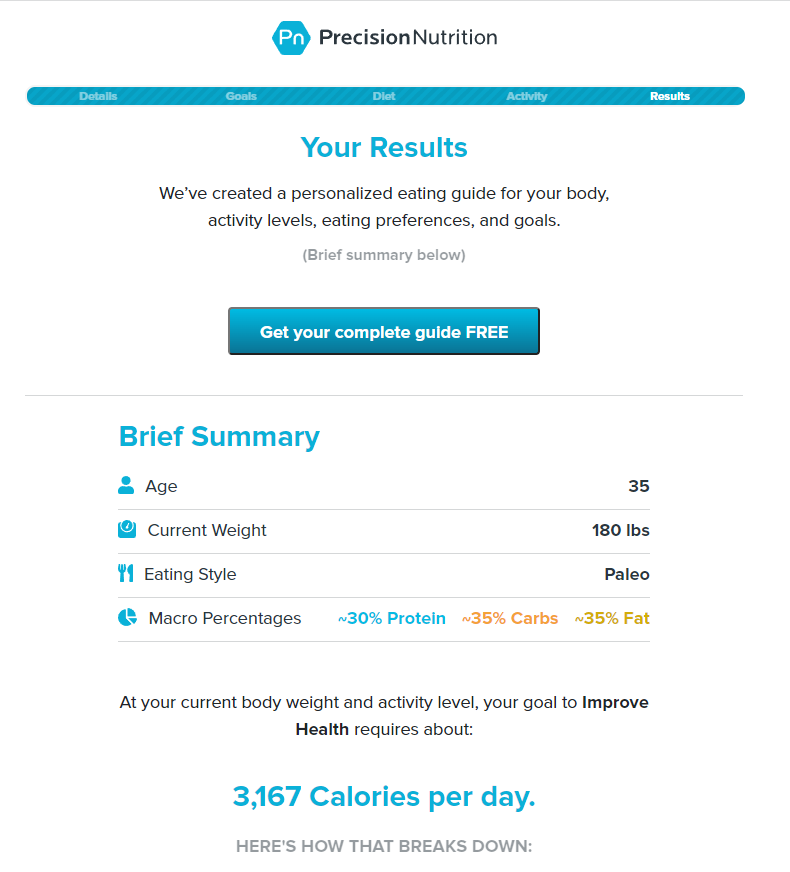I was speaking with a new client and I asked them about their diet. Their response, “Oh, I eat all organic! I eat super healthy.” This client’s goal was to lose 15-20 pounds as they were currently around 25-30% bodyfat. In my mind, something wasn’t adding up. If the client thinks they are eating healthy, and yet, they are 20 pounds overweight, there has to be more to eating healthy than just eating organic. For example, here are a few organic foods I would deem unhealthy to eat (especially in larger quantities):
All of these products are certified organic and are packed with empty calories and tons of sugar. Is eating organic better than eating crap? Yes. But just because you are eating organic doesn’t mean you are eating healthy. I would much rather see someone looking at the quality of calories and macronutrients over organic. Heck! I would much rather see micronutrient density (vitamins and minerals) over organic.
Rather than pushing people to eat organic I usually give these 3 steps to cleaning up your diet:
Eat more protein-Most food logs I see are deficient in protein. Protein is satiating (fills you up), and is the building block for cells in the body. Shoot for at least a palmful of lean protein in every meal.
Water, Tea, and Black Coffee Only-If you are getting started with a nutrition plan, you are probably used to drinking soft drinks and alcoholic beverages packed with empty calories. By simply cutting out the crap, you are going to start dropping fat and feeling better.
When you eat, eat-Most people squeeze eating into their busy lives. This usually leads to lack of mindfulness around the types of foods they are eating and the quantities. I tell clients when they are eating, they aren’t doing anything else (talking with friends and family at the dinner table is fine). But you shouldn’t mindless shoveling food into your face.
If you are looking to make some dietary changes, stop obsessing over organic and get the basics down first. Then down the line (if necessary) you can move toward areas like organic foods. Navigating your nutrition can be challenging, but having an experienced coach to guide you along the way can save you time, stress, and money. Click the link below to get started today!













